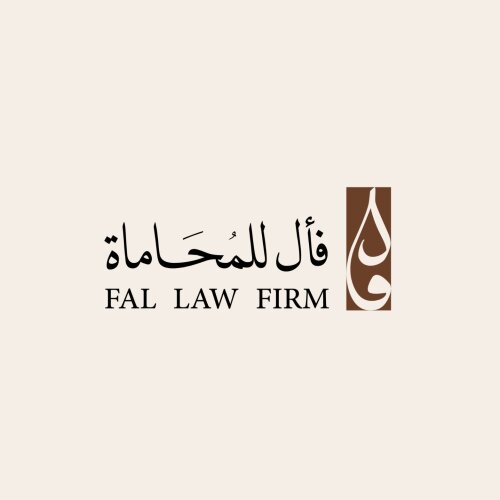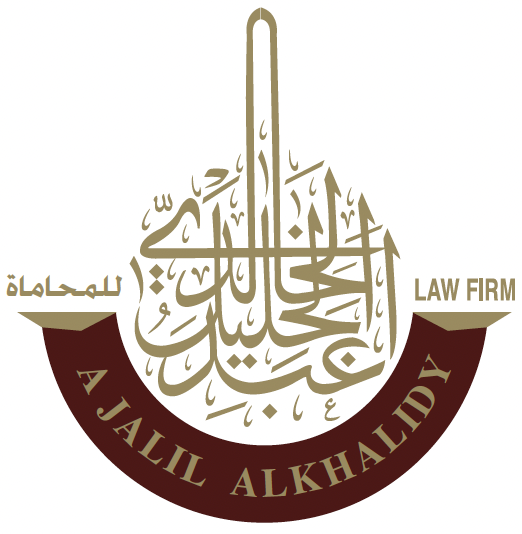Best ADR Mediation & Arbitration Lawyers in Riyadh
Share your needs with us, get contacted by law firms.
Free. Takes 2 min.
List of the best lawyers in Riyadh, Saudi Arabia

About ADR Mediation & Arbitration Law in Riyadh, Saudi Arabia
Alternative Dispute Resolution (ADR), including Mediation and Arbitration, is a common method of resolving disputes in Riyadh, Saudi Arabia. The Saudi judicial system is increasingly promoting these alternative methods over traditional courtroom battles. They offer a faster, less formal, and more efficient way to resolve disputes. Mediation entails a neutral third party helping disputants reach a mutually agreeable resolution. Arbitration, on the contrary, involves an impartial third-party arbitrator who makes a binding decision after considering both sides' arguments. The key regulators here are the Ministry of Justice and the Saudi Centre for Commercial Arbitration.
Why You May Need a Lawyer
Seeking legal counsel is crucial when dealing with Mediation and Arbitration processes. Lawyers can guide you through the process, help you understand the laws and regulations, and protect your rights. Situations that require legal assistance include drafting arbitration agreement, presenting evidence in an arbitration proceeding, enforcing awards, filing objections and challenges regarding the arbitration award, and understanding nuances like jurisdictional parameters, procedure and limit of authority of the mediator or arbitrator.
Local Laws Overview
The key local laws that govern ADR Mediation and Arbitration in Saudi Arabia are the Saudi Arbitration Law, the Saudi Enforcement Law, and regulations offered by the Saudi Centre for Commercial Arbitration. These laws establish the guidelines for the arbitration process, from commencement to enforcement of the arbitration award. Key aspects include consent to arbitration, its binding nature, confidentiality of the proceedings, procedures, arbitrator duties, and enforcement mechanisms.
Frequently Asked Questions
Is arbitration legally binding in Saudi Arabia?
Yes, once both parties concede to arbitration, the resulting award is legally binding and enforceable in the country.
What type of disputes can be settled by mediation and arbitration?
Disputes in contracts, business, commerce, and investment can be resolved through these alternative dispute resolution methods. Family law issues can be mediated as well.
Who can act as an arbitrator?
Under Saudi law, an arbitrator must be fully eligible to exercise rights and, unless agreed otherwise, hold a university degree in Sharia law or law.
Can arbitration decisions be appealed?
As per Saudi Arabia’s Arbitration Law, arbitration decisions are final and binding. However, they can be set aside under certain specified circumstances such as when the arbitration agreement was invalid, the arbitrator exceeded their authority, or there are public policy issues.
How long does the arbitration process typically take?
The timeline varies depending on the complexity of the case and the parties involved. Generally, it takes about 12 to 18 months.
Additional Resources
For more information, you can visit the official websites of the Ministry of Justice and the Saudi Centre for Commercial Arbitration. Further, various independent legal consultants and law firms in Riyadh provide comprehensive coverage of arbitration and mediation laws.
Next Steps
If you need legal assistance with ADR Mediation & Arbitration in Riyadh, Saudi Arabia, seek a legal consultation from an experienced attorney. They can provide guidance on your case, generate an effective strategy, and guide you through the complex legal landscape to secure your interests. It's important to fully understand the implications and procedural elements before committing to ADR.
Lawzana helps you find the best lawyers and law firms in Riyadh through a curated and pre-screened list of qualified legal professionals. Our platform offers rankings and detailed profiles of attorneys and law firms, allowing you to compare based on practice areas, including ADR Mediation & Arbitration , experience, and client feedback.
Each profile includes a description of the firm's areas of practice, client reviews, team members and partners, year of establishment, spoken languages, office locations, contact information, social media presence, and any published articles or resources. Most firms on our platform speak English and are experienced in both local and international legal matters.
Get a quote from top-rated law firms in Riyadh, Saudi Arabia — quickly, securely, and without unnecessary hassle.
Disclaimer:
The information provided on this page is for general informational purposes only and does not constitute legal advice. While we strive to ensure the accuracy and relevance of the content, legal information may change over time, and interpretations of the law can vary. You should always consult with a qualified legal professional for advice specific to your situation.
We disclaim all liability for actions taken or not taken based on the content of this page. If you believe any information is incorrect or outdated, please contact us, and we will review and update it where appropriate.
















